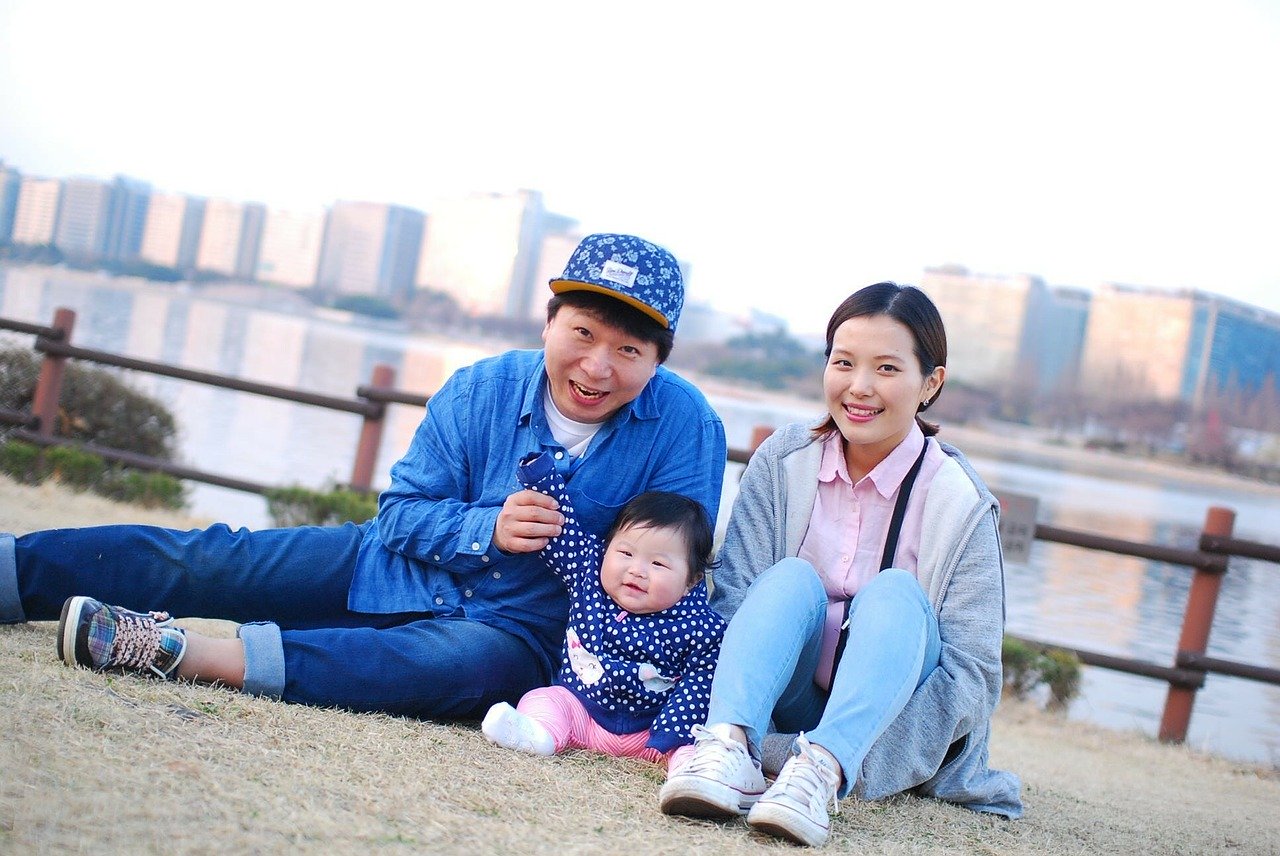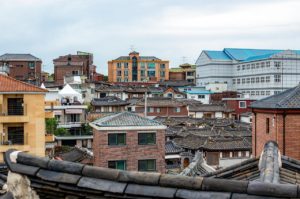Parents’ Day in Korea: Honoring Family with Heartfelt Traditions
Every year on May 8th, South Korea celebrates 어버이날 Eobeoinal (Parents’ Day), a heartfelt holiday dedicated to showing gratitude and love to one’s parents. While Mother’s Day and Father’s Day are separate occasions in many countries, Korea uniquely honors both parents on the same day. This emphasizes the strong family values that run deep in Korean society.
Origins and History of Parents’ Day in Korea
The roots of Parents’ Day in Korea can be traced back to the 1930s. At that time, Christian communities in Korea began celebrating a version of Mother’s Day inspired by American customs. After the Korean War, the importance of family became even more pronounced. In 1956, the government officially designated May 8th as 어머니날 Eomeoninal (Mother’s Day). However, recognizing the essential role of fathers as well, in 1973 the holiday came to include both parents. This was the birth of 어버이날 Eobeoinal (Parents’ Day) as it exists today.
Parents’ Day reflects 효 (孝) hyo, the Confucian concept of filial piety, which remains a cornerstone of Korean culture. Respecting, honoring, and caring for one’s parents and elders are seen not just as virtues but as duties. In this way, 어버이날 Eobeoinal (Parents’ Day) is an expression of Confucian aspects of Korean culture.
How Parents’ Day in Korea is Celebrated Today
On Parents’ Day, it is customary for children—both young and grown—to express their appreciation through gifts, visits, and heartfelt gestures. A traditional and iconic gift is a 카네이션kaneisyeon (carnation), which symbolizes love, admiration, and gratitude. Children often pin red carnations to their parents’ chests or present them in bouquets. In schools, younger students sometimes craft handmade paper carnations to bring home. Schools may also have special ceremonies, inviting parents to listen to their children sing songs.
One of the most cherished traditions is writing a 감사 편지 gamsa pyeonji (letter of gratitude). This is a sincere, handwritten message expressing thanks for a lifetime of love and sacrifice. It is often considered even more meaningful than an expensive gift.
Family gatherings are common, and children often treat their parents to a special meal. Popular choices include dining out at a 고기구이 gogigui (Korean BBQ) restaurant or preparing a traditional home-cooked meal. This meal may feature beloved dishes such as 갈비 galbi (marinated ribs), 잡채 japchae (glass noodles with vegetables and meat), and 전 jeon (savory pancakes).
In some cases, families will also visit temples or churches to pray for the health and happiness of their parents. Larger community events, such as concerts and awards for exemplary parents, are organized by local governments and civic groups.
Cultural Significance of Parents’ Day in Korea
Parents’ Day is more than just a day of gifts and meals; it is a profound reflection of Korean societal values. In a culture where 효도 hyo-do (performing filial duties) remains deeply embedded, neglecting to properly honor one’s parents is considered a serious breach of social expectations.
Although the pressures of modern life—busy careers, globalization, and urban living—have made daily family interactions less frequent, 어버이날 Eobeoinal acts as an annual reaffirmation of the unbreakable bond between generations. It reminds younger Koreans of their roots and responsibilities, even in a rapidly changing world. In recent years, there has also been growing discussion about broader interpretations of “parents.” This is to recognize the contributions of grandparents, guardians, and others who fulfill parental roles.
어버이날 축하합니다! Eobeoinal chukahamnida! (Happy Parents’ Day!)
Parents’ Day in Korea is a beautiful celebration of love, respect, and gratitude. Whether through simple carnations, heartfelt letters, or shared meals, Koreans use 어버이날 to honor the people who gave them life, guidance, and unconditional support. It stands as a meaningful testament to the enduring importance of family in Korean life, past and present.
Get on the road to speaking Korean with the Language Garage!
We hope you’ve enjoyed learning about Parents’ Day in Korea. If you’d like to learn more:
- Follow us on Facebook, LinkedIn, BlueSky, Twitter, Threads, Mastodon, Instagram, or Pinterest. We publish lots of Korean vocabulary, grammar, and culture notes, so it’s a great way to pick up some new vocabulary and practice.
- Check out our other posts on Korean language, culture, and more.
- Enroll in affordable, flexible, and personalized private online Korean lessons or sign up for a small group online Korean class.
- Create a free Language Garage account to access tons of Korean vocabulary, grammar, and culture.






